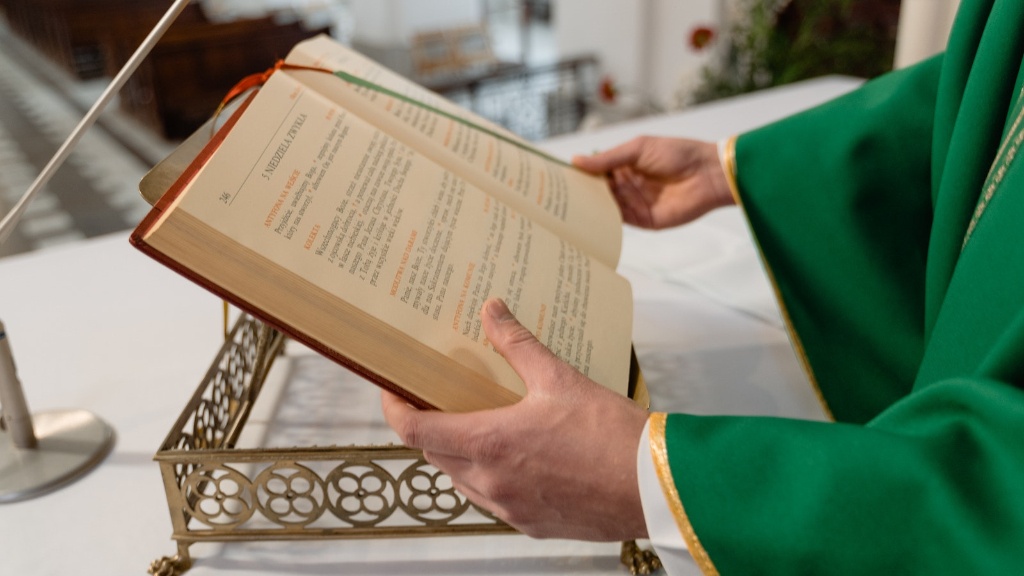The story of a judge in the Bible is a significant topic of biblical history. This judge was to lead the people of Israel with justice and righteousness, both in accordance with their own laws and with God’s commandments. Judges in the Bible were appointed by God for a specific period of time, charged with upholding and executing the laws of God as a means of preserving his people’s well-being and prosperity.
In the Old Testament of the Bible, the first judge was Moses, who served as the deliverer, leader, and judge of the children of Israel for forty years. According to the Book of Deuteronomy, Moses passed judgment on cases brought before him by the people. He corrected wrongs and set appropriate punishments and rewards for those who obeyed his decisions.
In later years, the people of Israel were told to appoint judges, to ensure justice and righteousness within their society and to honour the will of God. Throughout the Old Testament, several judges were appointed to oversee disputes and administer justice. These included Othniel, Ehud, Shamgar, Deborah, Gideon, Tola, Jair, Jephthah and Samson. These judges, who were generally “ordinary” people, were expected to lead the people of Israel, teach them the laws of God, and judge them according to the statutes.
Judges in the Bible were considered temporary rulers, living among the people and administering justice according to their instructions. They exercised judicial authority with courage and objectivity, frequently setting examples for the people to follow. There were also prophets connected to the judging process, conveying the will of God and giving insight into the decisions made by the judges.
The Bible reflects the importance of a proper judicial ruling, as the appointment of judges was a critical component of ancient Israelite society. These judges were essential to the welfare of the country, as their decisions had far-reaching effects on the lives of the people. Furthermore, their decisions had to be made in accordance with God’s laws.
A Judge’s Legacy
Social Role Of A Judge
A judge was expected to lead with compassion, fairness and integrity, taking into account not only the letter of the law but also its spirit. In doing so, the judge was looked upon to model justice and the rule of law, setting examples for the people to abide by. This notion of a judge as an exemplary figure was reinforced by their spiritual connection to God, who was in charge of upholding the law.
The Significance Of A Judge
The Judges of the Bible were more than simply figures of authority. They were a symbol of hope, a reminder that God is in control of His people and will always provide justice and guidance. They were a demonstration of what society should strive to be like, and the importance of adhering to God’s laws. This notion of a judge as a symbol of hope and justice is still seen in the modern judicial system, reminding us of the value of the law and how it governs our society.
Practical Implications Of A Judge
The judges in the bible were practical examples of how laws should be implemented, and of the need for order, justice and fairness. Their decisions carried great consequences, with effects felt on a social and economic level by both the people of Israel and those from neighbouring countries. This, coupled with the moral obligation of the judges to honour God’s commandments, meant that their decisions had to consider the ramifications of their judgment on the long-term welfare of their people, and on the upholding of God’s laws.
Role Of God In Judgement
The judges in the Bible were God’s servants, and it was their obligation to administer justice according to God’s will. They accepted their responsibility to honour and obey God’s laws, while also recognizing the importance of maintaining justice and human rights. Therefore, the judges of the Bible, though guided by human wisdom, were ultimately influenced by God’s instructions and power.
Ongoing Influence Of A Judge
The story of the judge in the Bible is still relevant today. Judges have, since ancient times, been expected to execute justice without bias and according to the law. They must draw upon their own moral compass and their judgment of right and wrong, while being guided by God’s will. In this way, they ensure that justice is served, while also fulfilling their obligation to honour the law of God.
Public Perception Of A Judge
The benevolence and impartiality of a judge in the Bible were paramount to the preservation of God’s people and to the advancement of justice. Thus, throughout history, judges have been respected and looked upon as figures of moral authority, even in modern times. Judges are seen to symbolize justice, order and fairness, and to be responsible for the protection and promotion of human rights.
Contemporary Challenges Of A Judge
Today, judges are constantly challenged with making decisions that are fair, just and in line with the law of the land. They are expected to be impartial and just, and to make decisions that have far-reaching implications on the safety and security of people, both within their country and abroad. Therefore, the challenges facing judges are great, and continue to be as relevant today as they were in biblical times.


